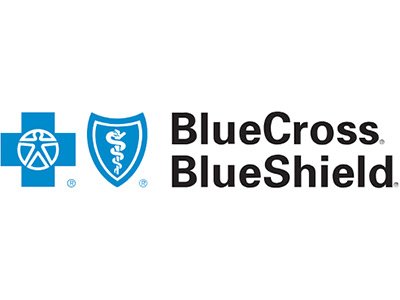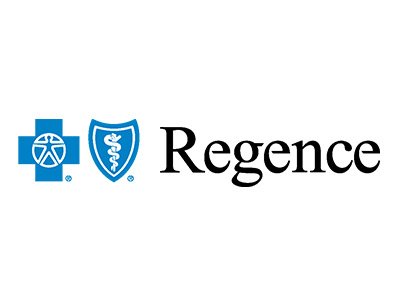Compassionate Eating Disorders Treatment for Gymnasts, Dietitian Nutritionists in Colorado provide Medical Nutrition Therapy and Counseling for Athletes
Embark on a transformative experience with our customized program that specifically focuses on the connection between eating disorders and gymnasts. Our specialized approach is carefully crafted to support your well-being and athletic goals, promoting overall health and nurturing a positive, respectful connection with food and body. We support gymnasts who are struggling with anorexia, bulimia, OSFED, and disordered eating.
Within our outpatient eating disorder and sports nutrition program, our dedicated team of medical nutrition therapists focuses on optimizing your performance and overall health without compromising body image or falling into the traps of disordered eating that can often affect athletes.
Reach full recovery and potential in gymnastics with experts who empower you to prioritize recovery while maximizing your athletic potential. We aim to help you embrace a balanced, nourished relationship with food, body, and sport that ensures sustained vitality, enabling you to excel in your sport while maintaining a healthy mind and body.
























Recent “graduate” from Side by Side Nutrition. I started working with SBSN to figure out how food worked after having an eating disorder for years. And I’m so happy I got so much more than that! SBSN introduced me to Self-Compassion and met me with an approach that never included shaming me. I looked forward to our sessions every week, even if I hadn’t done any of my work, because I knew she’d be understanding and work with me to figure out what I needed to make it happen. And none of that compassion and presence was lost when we had to switch to telehealth. When I started, I didn’t think healing from an eating disorder was possible. And I never in my wildest dreams imagined that I’d come out of it with an unshakable love for my body (certainly not a plus size body with chronic illness)! I’m so glad circumstances sent me here because I know I wouldn’t have gotten to this place with my previous dietician! I am STRONG, I am CONFIDENT, and I am in LOVE with myself! Thank you so much for helping me on my journey here! It wasn’t easy, but it was so worth it!
— Michaela Myers